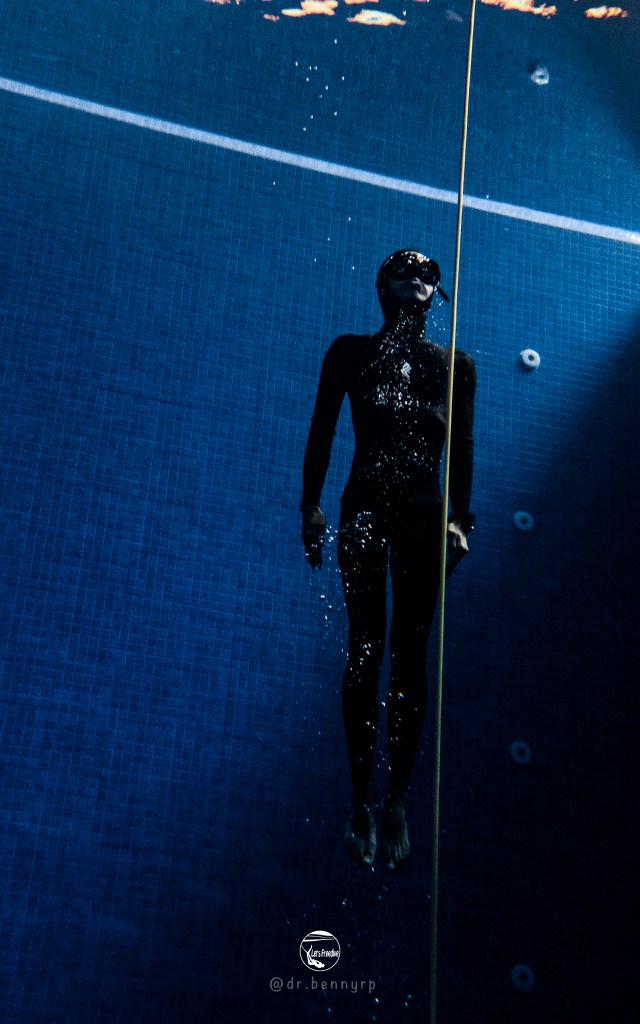
Physical Training Helps Increase Our Self-Confidence In Our Own Ability
Freediving is an exhilarating sport that allows divers to explore the depths of the ocean in a safe and enjoyable manner.
However, in order to enjoy the sport to its fullest, physical training is essential.
In this article, we will explore the importance of physical training in freediving and the various components that should be included in any successful freediving program.
We will look at strength and conditioning exercises that can be useful for freediving.
By understanding the importance of physical training in freediving, we can ensure that we are well-prepared for our underwater adventures.

Strength and conditioning exercises help to build the physical stamina and strength needed to safely and comfortably perform underwater activities.
Proper stretching and warm-up exercises help to prepare the body for the physical demands of freediving and help prevent injury.
Strength and conditioning exercises are an important part of any successful freediving program.
These exercises help to build the physical stamina and strength needed to safely and comfortably perform underwater activities.
The most effective exercises for beginners are:
1. Bodyweight strength exercises such as:
- Squat and Lunges. This can improve your leg’s strength and power for stronger finning kicks.
- Superman Plank. This can improve your back & core strength which also supports the finning power and body posture.
- Glute Bridge. This can improve your hips, core, and leg strength which is greatly useful for smooth duck dive and balancing your front-rear kicks in finning.
2. Conditioning exercises such as:
- Skipping Rope or Jumping Jack. This improves your stamina and endurance, especially the lactic acid tolerance in your legs.
- Freestyle swimming. This improves your endurance and mobility moving underwater and also stabilizes your breathing pattern.
- Jogging, Cycling, or Running. These exercises help you build up overall stamina, increase your leg’s endurance, and improve your ability to control your breath.
- Interval Weight Training (Tabata or HIIT Workouts). This greatly increases the whole body, especially cardiovascular endurance for longer dives.
These exercises are also great to increase your overall health for everyday activities.
Another must-do is the Flexibility Exercise.
A Flexible muscle is more powerful than a stiff muscle because it can perform a high-demand movement with minimum damage.
Thus, a flexible body is more powerful for freediving because your body will able to do its best performance safely.
You can do flexibility exercises, such as Yoga, Animal Flow, etc, as your weekly or daily regular routine.
Usually, master and elite freedivers do this type of exercise every morning or before bed as their daily routine.
Moreover, flexibility exercises are also used as Pre-Dive preparation or as warm-ups before any diving session.
It is important to gradually increase the difficulty of the exercises as the individual’s fitness level improves.
Additionally, it is important to focus on proper form and technique in order to ensure safety and prevent injury.
Regular rest and recovery should also be included in the program in order to ensure the body is adequately rested and recovered between dives.
By including these components in a physical training program, beginner freedivers can build their physical ability to improve their performance.
Hopefully, these tips can greatly help and improve your performance.
Stay safe, stay awesome, and see you at the training session!
